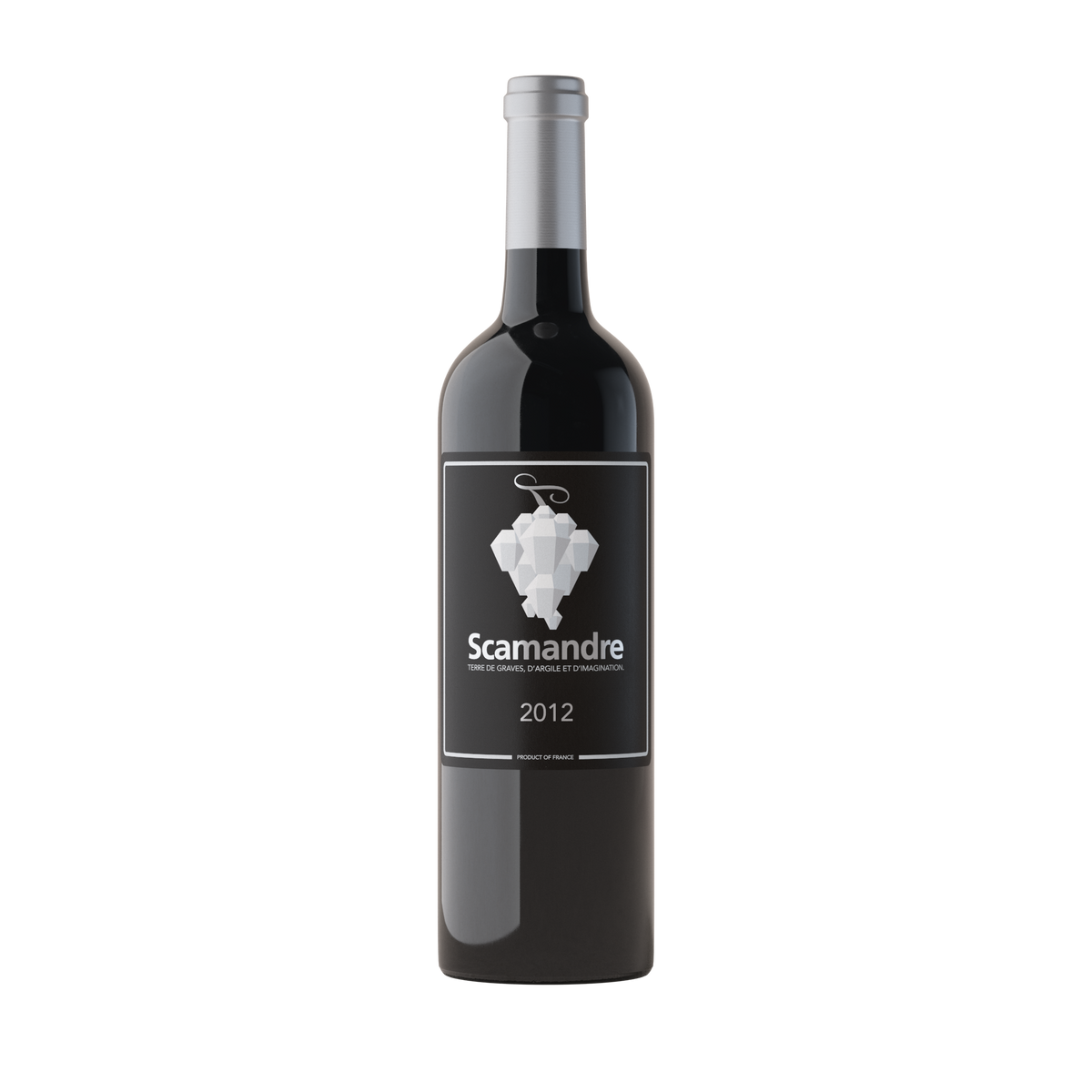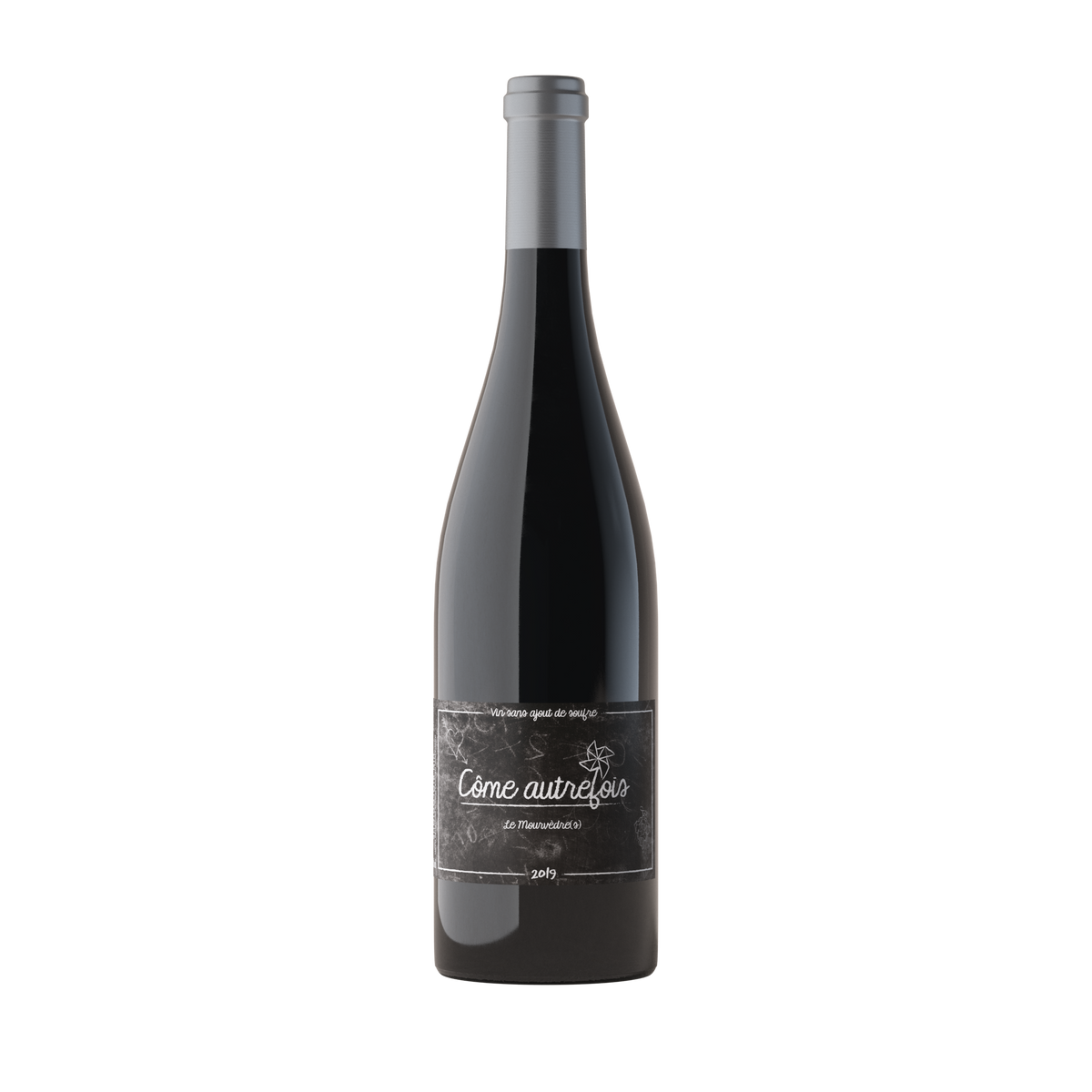The Scamandre estate was created from scratch in 2003, with the strong conviction from the start that biodiversity was a major asset for the production of high quality wines.
If it is technically possible to carry out viticulture on dead soils, artificially fed with fertilizers and heavily irrigated, this nonetheless constitutes an ecological and ethical aberration which only increases the overall negative impact of climate change. However, we know that planting trees and hedges helps perpetuate crops and promotes animal and plant diversity.
This is why, in 2007, the Scamandre estate became a pioneer in agro/vitiforestry by entering into a partnership with SCOP Agroof, a specialist for 25 years, in order to be supported in the planting of 1000 trees:
from 2007, planting of a forest of one hectare of oaks;
in 2009 and 2012, planting of hedges and trees, some of which inside the vineyards;
regular planting of olive trees.
In 2022, to mark the 15th anniversary of the partnership with Agroof, the Scamandre estate is committed to planting 1,721 new trees in 2022 and 2023. Some will serve as protection against treatments of neighboring crops. Others will be planted in a 2-hectare “oasis” dedicated solely to the development and maintenance of biodiversity, with the objective of creating a well of freshness.
February 18, 2022 marked the launch of this new plantation. Bringing together project partners, including corporate sponsors of this operation, the day combined tree planting and discussions with specialists in agro/vitiforestry and sustainable development.
Scamandre thanks SCOP Agroof for their expertise as well as the Occitanie Regional Council, the Win-Win.com agency, the Monsieur Moulinot restaurant, the Solvac Company and the Compagnie Hôtelière du Grand Est for their financial support.
New project to come: the creation of a culture of aromatic and medicinal plants, some of which can be used on the estate for aromatic essences to be sprayed on the vines. These 2.5 hectares will be added to the 10 hectares already reserved for horses, olive trees and the development of biodiversity, or more than a third of the area of the estate.




